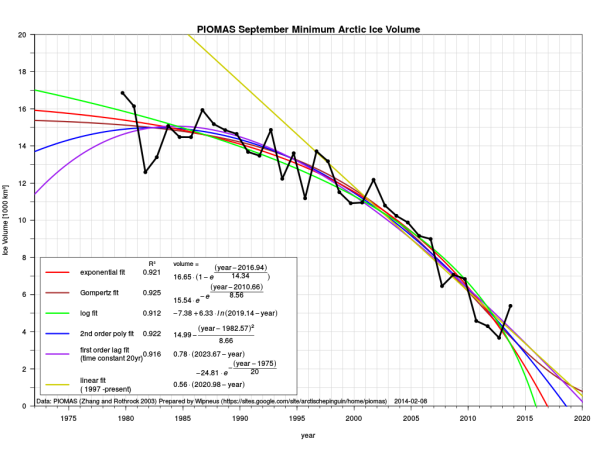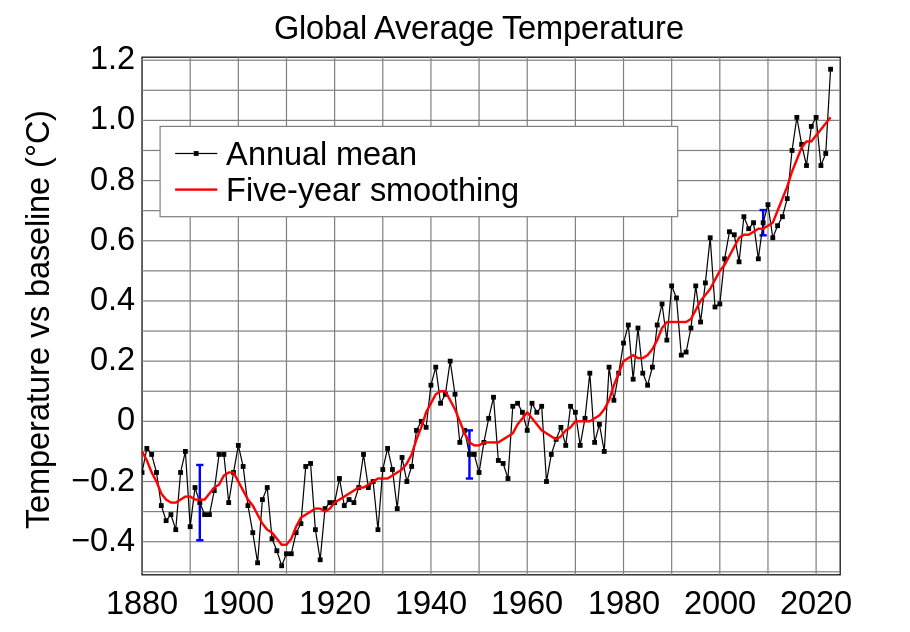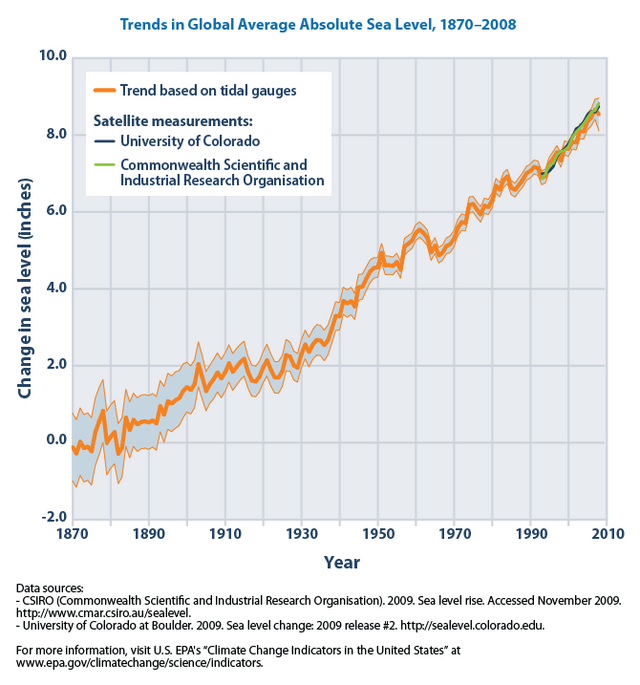I was perusing Skeptical Science this morning and found this article. Has Antarctic sea ice expansion been overestimated?
I had also seen it discussed at WUWT so I thought I would google it and see what popped up.
the first returned page was all reiteration of the first article
I had also seen it discussed at WUWT so I thought I would google it and see what popped up.
the first returned page was all reiteration of the first article
New research suggests that Antarctic sea ice may not be expanding as fast as previously thought. A team of scientists say much of the increase measured for Southern Hemisphere sea ice could be due to a processing error in the satellite data. The findings are published today in The Cryosphere, a journal of the European Geosciences Union (EGU).
Arctic sea ice is retreating at a dramatic rate. In contrast, satellite observations suggest that sea ice cover in the Antarctic is expanding albeit at a moderate rate and that sea ice extent has reached record highs in recent years. Whats causing Southern Hemisphere sea ice cover to increase in a warming world has puzzled scientists since the trend was first spotted. Now, a team of researchers has suggested that much of the measured expansion may be due to an error, not previously documented, in the way satellite data was processed.
A team of scientists led by Ian Eisenman of Scripps Institution of Oceanography, UC San Diego, said that much of the increase measured for Southern Hemisphere sea ice could be due to a processing error in the satellite data.
Arctic sea ice is retreating at a dramatic rate. In contrast, satellite observations suggest that sea ice cover in the Antarctic is expanding albeit at a moderate rate and that sea ice extent has reached record highs in recent years. Whats causing Southern Hemisphere sea ice cover to increase in a warming world has puzzled scientists since the trend was first spotted. Now, a team of researchers has suggested that much of the measured expansion may be due to an error, not previously documented, in the way satellite data was processed.
Antarctic sea ice may not be expanding as rapidly previously thought - with much of the increase potentially down to a data error, scientists have said.
While Arctic sea ice has been melting significantly in recent years, satellite observations suggest sea ice cover in the southern hemisphere has been increasing and has reached record highs in the past few years.
The increase in Antarctic sea ice despite rising global temperatures has puzzled scientists and been highlighted by climate change sceptics as evidence of flaws in the theory of man-made global warming.
Read more: Is Antarctic sea ice really expanding as quickly as scientists claimed? Data error found in key climate change data | Mail Online
Follow us: @MailOnline on Twitter | DailyMail on Facebook



